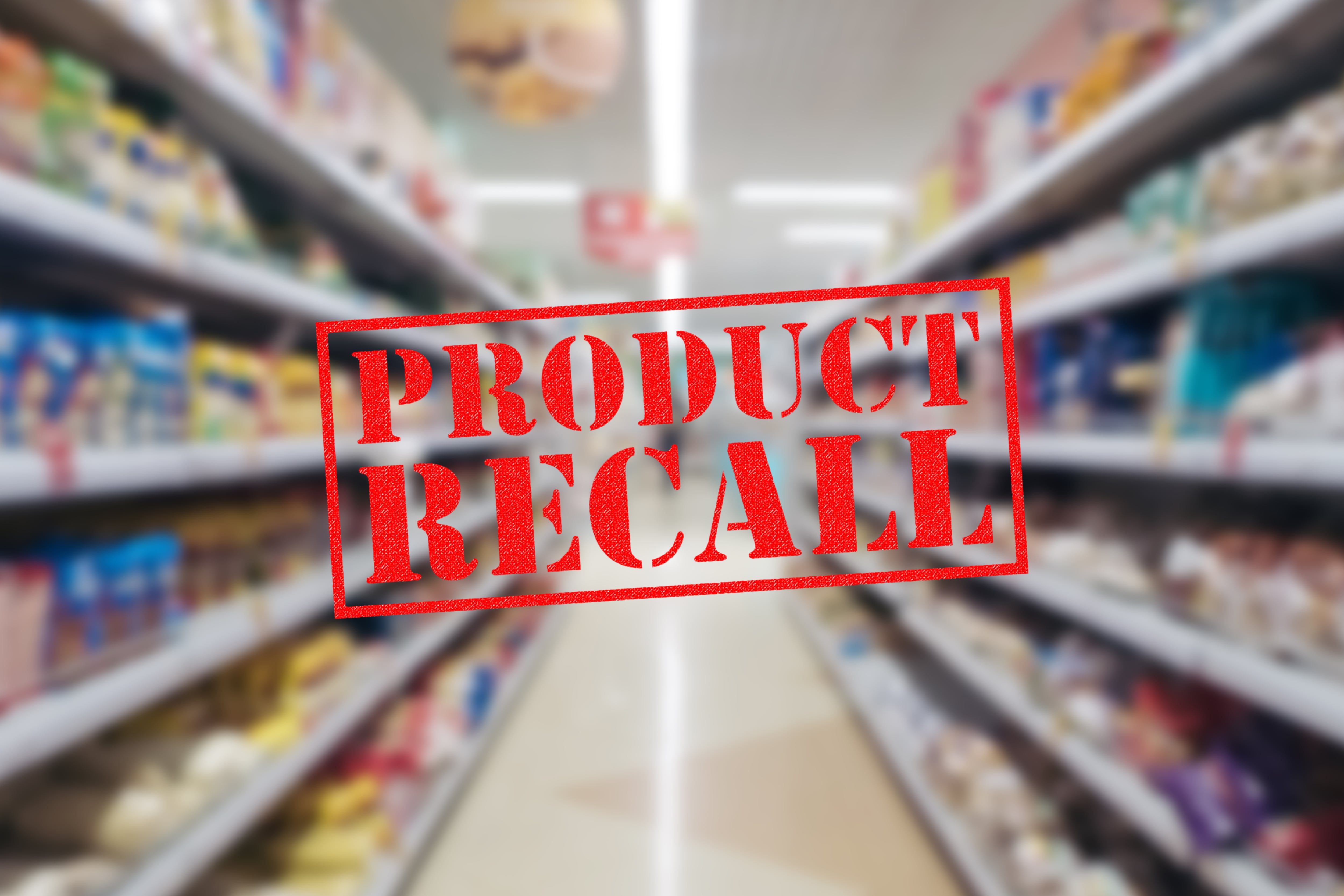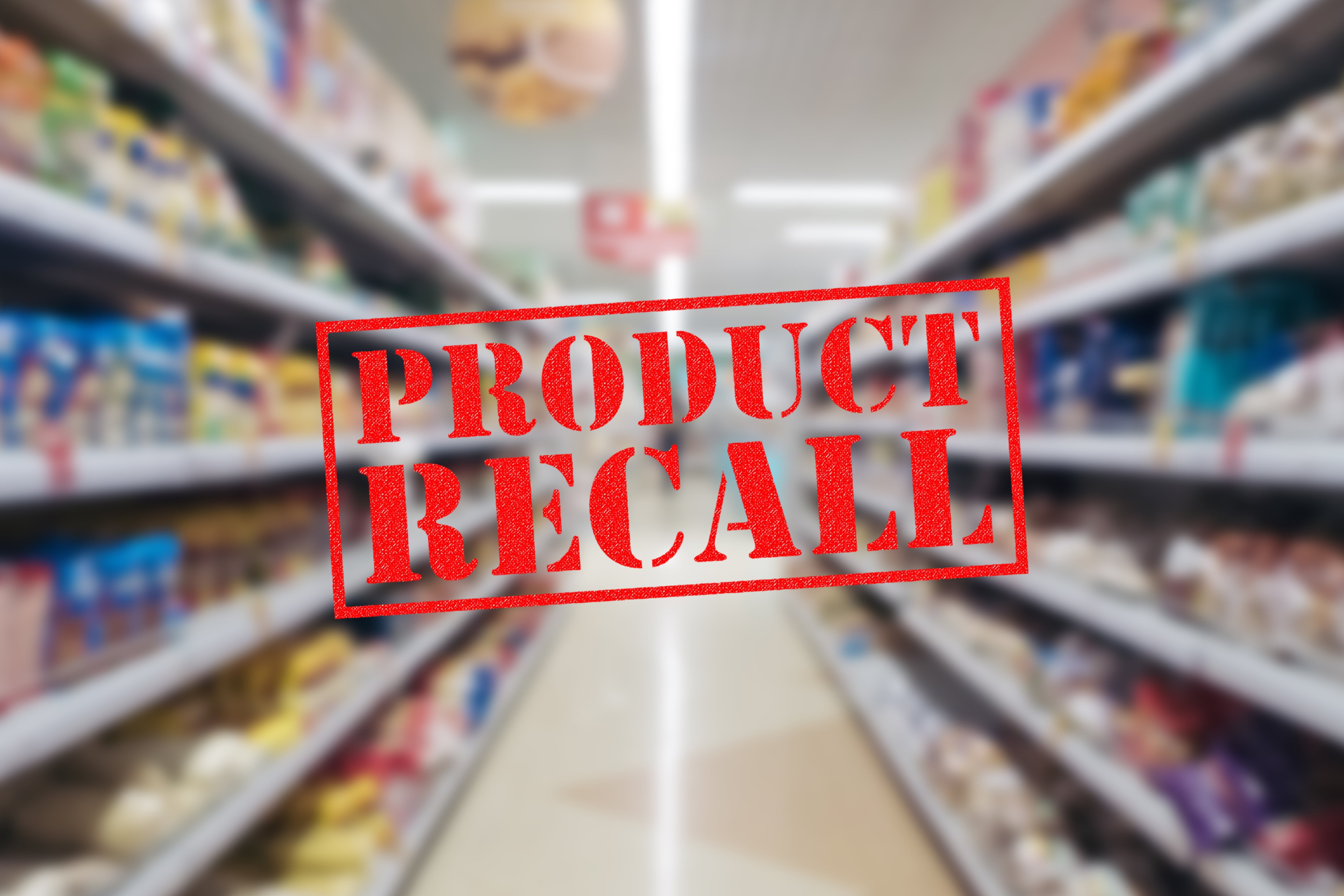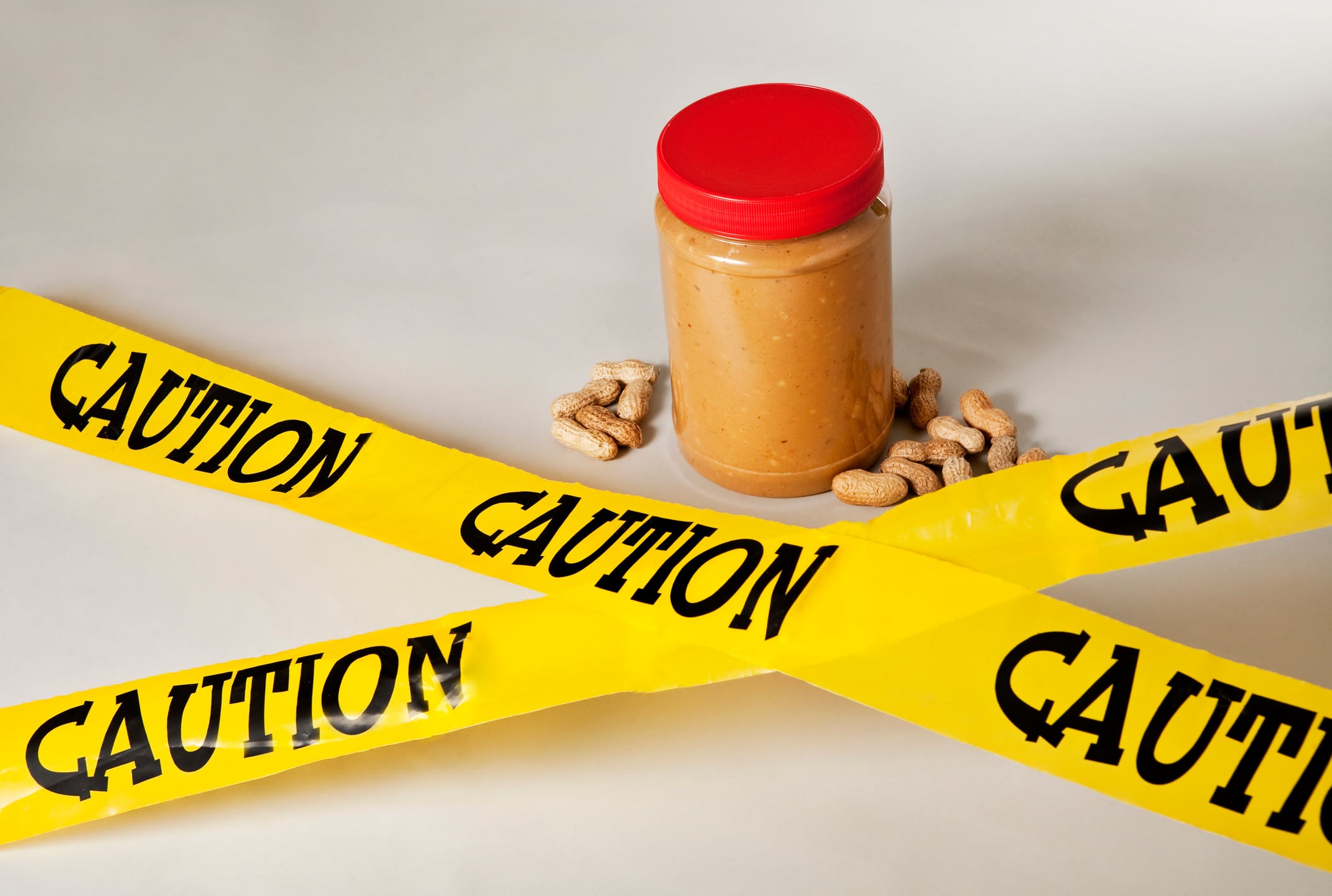Alerts from the UK Food Standard Agency (FSA) remained low in 2024, however the number of products recalled per event is 2.5 times higher than 2023, finds the latest RQA Group recall report.
This serious increase can be (mostly) attributed to a few largescale recall alerts, with just three alerts implicating 424 products in 2024.
Allergen related labelling errors were the top cause of recalls, with Listeria in second. Non-allergen related labelling errors and metal foreign body contamination came in joint third place.
Prepared dishes and confectionery proved the most commonly recalled categories in the UK, which was in line with other areas across the globe. However, whilst fruit and vegetables recalls scored highly across many countries – with the EU seeing a particular spike – the UK did not follow suit, although incidences impacting fruit and veg did increase on the year prior.
What saw a more notable uptick for the UK were meat and meat products, with recall alerts jumping up from 2023.
The RQA data also showed that ‘never event’ (those which are largely preventable) mislabelling alerts are becoming less common in the UK. This could signal an improvement or just indicate that they’re becoming harder to spot from the information provided by the FSA because recall alerts will not always cite the root cause.
Mustard-peanut contamination: Lessons from 2024
One of the most notable recall events of 2024 for the UK was the mustard incident, which saw a range of mustard ingredients pulled over fears of peanut contamination.
Food Manufacture spoke with a range of industry representatives about why events like these happen.
“Mislabelling due to recipe changes or cross-contamination has been highlighted as a frequent issue,” Daniela Verhaeg, PR and communications manager from Mettler-Toledo Product Inspection told Food Manufacture.
“Some manufacturers may not yet have integrated vision inspection systems on their lines at the final packaging stage to verify labels accurately and may still rely on manual checks which can lead to human error.”
Speaking more directly on the aforementioned recall, Kirsty Henshaw, managing director of free-from producer Kirsty’s - which recently won Food Manufacture’s prize for integrity - said the event looks to have stemmed from cross-contamination during harvesting or processing of mustard and peanut crops.
“Shared equipment and poor segregation practices are likely contributors,” added Henshaw.
“For example, mustard seeds and peanuts are often processed in the same facilities without adequate cleaning, leading to contamination. This shows how risks can arise far earlier in the supply chain, which is why we conduct supplier audits and batch testing.”
Rachel Ward, managing scientist food group for Exponent International Limited, she said the incident is likely to be a result of inadequate technical know-how and poor communication.
“[It’s] the combined effect of involvement of brokers who play a necessary key role in global food supply but do not always have the same technical understanding as food businesses buying directly for themselves; a continued practice of sharing insufficient depth of technical information business to business to permit clarity of the characteristics of the foodstuff being supplied and therefore accurate risk assessments; and a fundamental lack of understanding of food allergen risks in primary produce suppliers based in less developed markets.
“Together these create a situation where minimal technical intelligence is shared by supply chain parties. This prevents end users carrying out sufficiently in-depth compliance assessments and food safety risk assessments for their intended final use of the foodstuff in food products. This is not per se a deliberate refusal to share information, but there are significant barriers to sharing technical information, including food technology and food safety education levels of supply chain actors and concerns with commercial confidentiality.”
“Manufacturers must demand full traceability and testing from suppliers. Partnering only with trusted suppliers who share a commitment to allergen safety is crucial,” agreed Henshaw.
Radical change is required
Ward believes “radical change” is needed when it comes to sharing food safety critical technical information.
“Technology has existed for over a decade to support confidential provisioned data sharing, but the food industry are slow adopters of information technology solutions and unwilling or financially unable to invest in such solutions,” Ward suggested.
“Lessons need to be learnt to include adequate food allergen technical information in business-to-business communications to a depth that permits risk assessment by the end user of the foodstuff and the final consumer, not simply providing placating statements of conformance.”
She referenced Australia’s Product Information Forum as a great approach and a ready-to-go framework the UK could lift from: “The Australian food industry made significant progress in this area over 20 years ago and continue to apply their product information forms to collect details on food allergen characteristics thoroughly and in a common format to aid efficient and effective information transfer. Why can’t the global food sector simply adopt this proven tool?”
For Henshaw, the incident is a reality check: “This is a wake-up call for businesses to invest in allergen safety measures, including advanced cleaning systems and more frequent supplier checks.
“Recalls damage trust, but they are also an opportunity to raise standards across the industry. At Kirsty’s, we’re proud to lead by example, demonstrating that with diligence, investment, and collaboration, we can deliver safe, allergen-free food to consumers without compromise. Putting safety and product integrity before profits.”





